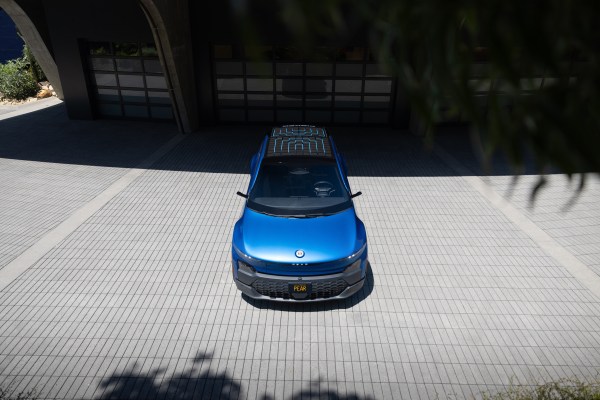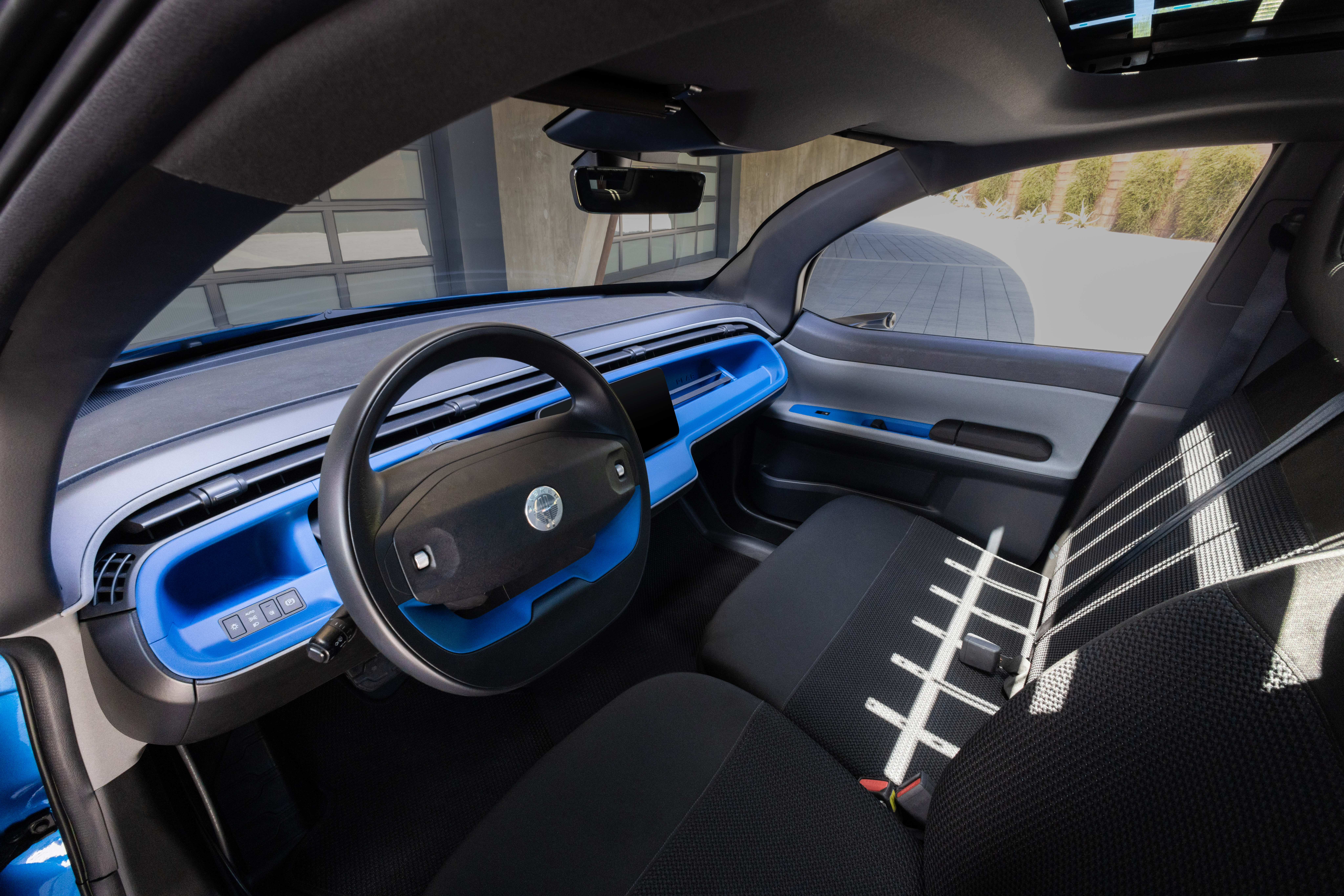
EV startup Fisker revealed more details about its $29,900 Pear electric urban lifestyle crossover vehicle Thursday at the company’s Product Vision Day. Included in that reveal was confirmation that Foxconn, the consumer electronics manufacturer most well-known for making Apple iPhones, would be producing the vehicle at its Lordstown, Ohio, manufacturing facility.
In early August, Henrik Fisker, founder and CEO, told TechCrunch that the Foxconn deal wasn’t yet finalized. While Fisker was positive that the two would reach a conclusion, there were still a number of questions unanswered, particularly in relation to supplier costs.
Getting those details buttoned up will be crucial for Fisker as it attempts a feat no other EV maker has been able to accomplish: building a sub-$30,000 electric vehicle. General Motors’ $26,595 Bolt was reportedly a money pit for the automaker, and Tesla managed to kill its sub-$30,000 Model S in 2022 before it even began.
Fisker has already fallen short of its own delivery and production expectations by several hundred vehicles this year. And Foxconn hasn’t been the most reliable partner to other companies. After buying the Ohio factory from Lordstown Motors and offering to build the struggling automaker’s Endurance pickup truck there, Lordstown filed for bankruptcy and is suing Foxconn, accusing the Taiwanese company of making a litany of “broken promises.”
Foxconn also recently withdrew from a $19.5 billion agreement with Vedanta last month, and famously failed to deliver on its stated intentions to build a factory in Wisconsin that would create 13,000 jobs.
Neither Fisker nor Foxconn has confirmed to TechCrunch that the deal has been finalized, but Pear’s announcement Thursday suggests that the two may have reached common ground.
Fisker says it will begin manufacturing and delivery of the Pear in July 2025.
A production-intent version of the vehicle will make its public debut at the IAA Mobility 2023 event in Munich this September.
How Fisker plans to make a sub-$30,000 EV

Fisker Pear interior. Image Credits: Fisker
The Fisker Pear is made with a light steel body structure, and the company says it has figured out how to reduce the parts count by 35%. This will also make the Pear easier and faster to assemble, according to Fisker.
Fisker also hopes to save money by building its own supercomputers for the vehicles. The Pear will be Fisker’s first vehicle to implement the in-house-designed “Fisker Blade” computer, which is packaged in a slim, modular and upgradeable unit. Fisker says the Blade delivers up to 6.2 TFLOPS and uses an asymmetric processing architecture to achieve more power efficiencies in the vehicle.
A “Houdini trunk” and other neat features
The 15-foot-long crossover features a “Houdini trunk” that slides down behind the rear bumper, allowing those “young city dwellers” that Fisker is targeting to load and unload in tight street parking situations and in parking lots with low ceilings.
There’s also a drawer-like frunk (front trunk) that will be offered with an insulated option to keep food hot or cold, making the Pear a potentially ideal vehicle for delivery drivers. The interior appears to be minimal. with “no fragile moving parts,” which will not only cut costs but also provide drivers with more storage space.
The Pear will feature a “Lounge Mode” that folds down all the seats flat to create a space for a lie-down. The five-seater will have the option to seat an additional sixth person up front, as a large two-seat bench will replace a single front passenger seat and center console.
Fisker is offering two battery options for a range of either 180 miles or 320 miles, and will be able to go from 0 to 60 miles per hour in a polite 6.3 seconds.

